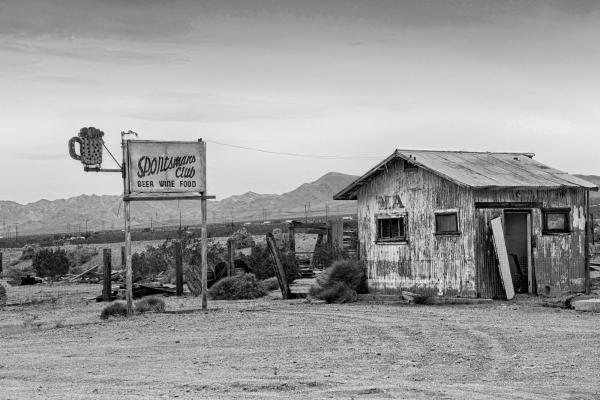Seventy-eight years ago, John Steinbeck published The Grapes of Wrath. It’s since become a staple in high-school curricula, offering a glimpse into our nation’s troubled history. But its lessons are just as applicable today in our hyper-polarized climate, in which empathy is often found lacking.
The setting in some ways mirrors our own: Economic hardships brought on by the Depression coupled with dust storms forced more than a million farm families out of their homeland in search of jobs and a better future. Many such families ended up in the Salinas Valley, where John Steinbeck was born and raised. It’s no surprise then that migration, the re-shaping of the identity of California, and human connection to the environment were personal themes that went on to underpin The Grapes of Wrath.
In his book, Steinbeck takes a sympathetic view of families that faced eviction and destitution and gives a clear understanding of the compulsions behind migration and a vivid grasp of the meanings of home and homeland — and the trauma of being uprooted from them. While retaining elemental essence – human dignity, pride and an empathetic view of suffering – the tale takes on the imposing backdrop of an America divided into haves and have-nots.
If a literary classic is a book that readers of successive eras can relate to, then The Grapes of Wrath is definitely such a piece of work.
Steinbeck paints a picture of California in the 1930s but the tale is most certainly not contained by this setting. Migration, identity, unemployment, and all the sentiments that ensue not only drive the plot but also make readers of today draw parallels: The Joads might as well be Mexicans crossing the border in hopes of a better life; the locals of California caught in the throes of change could represent the anxieties of working-classes around the world; and the migrant families’ struggles with unemployment could be reflective of today’s unmanageable unemployment rates set against systems that claim to endorse laws of supply and demand over humanity and social justice.
Observing the perseverance of the working-class community, Steinbeck held the same in high regard and with it, the pride that follows. In the novel, the sudden influx of workers led to extraordinarily low wages, which in turn caused widespread poverty among the migrant families. And while such families plead for the simple opportunity to work hard and earn their pay, the locals worried about migrants stealing their jobs and bringing down wage-rates. And these concerns, when not met with adequate responses by state authorities, turned to damaged pride, and spirit turned to sullen anger. Capturing this climate of his time, Steinbeck wrote:
“Failure hangs over the state like a great sorrow ... And the smell of rot fills the country ... There is a crime here that goes beyond denunciation. There is a sorrow here that weeping cannot symbolize. There is a failure here that topples all our success ... And, in the eyes of the people there is the failure; and in the eyes of the hungry there is the growing wrath. In the souls of the people the grapes of wrath are filling and growing heavy, growing heavy for the vintage.”
In an America where blue-collar appeals have gone unnoticed, in the dawning Republican presidency, Steinbeck’s words resonate.
Somewhere between vestiges of “the good old days,” a fear of change and a deep sense of loss, the votes of the working classes were titled to favor those who radicalized such perceptions. And themes of nativism and nationalism played perfectly to those anxieties.
As for the topic of migration, for a nation of immigrants, the United States rarely adjusts its immigration policy largely because such policies are deeply divisive. Steinbeck’s message about the same, though, is clear: Shifts in labor are more than just a temporary aberration and, being so, migrants require acceptance and incorporation into the States.
May be the Left can still glean an essential understanding of American workers and the movement of labor from this “required reading” and seize the center — maybe all parties could. But they had better hurry, because the pro-side arguments that hope to make this world better are complicated while the con-side is easily being handled by con artists.
Got something to say about what you're reading? We value your feedback!

